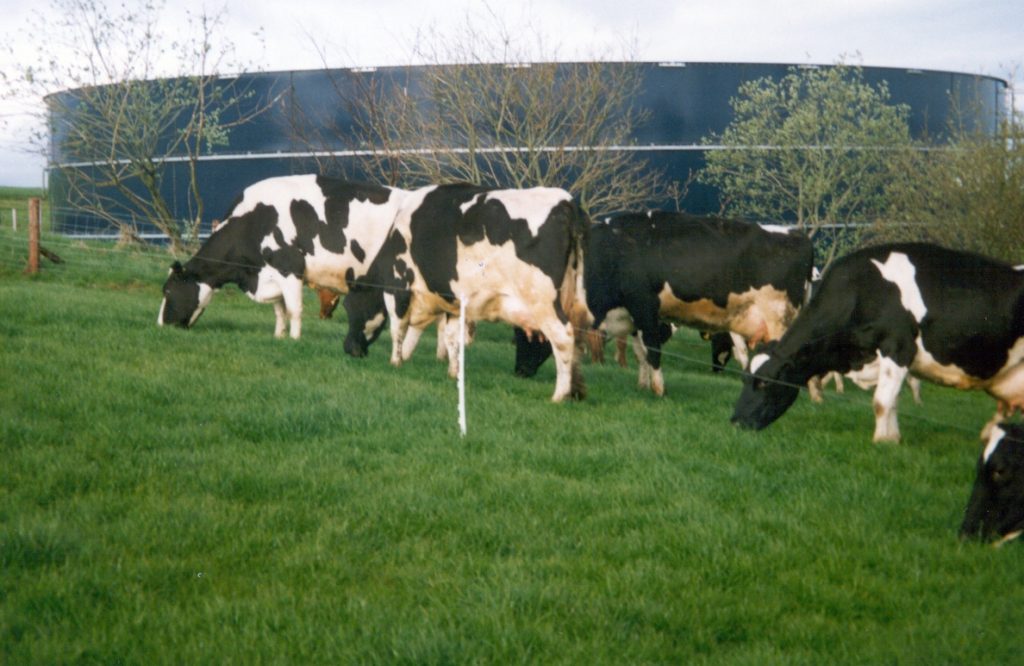NFU Scotland is calling on the Scottish Government to increase the agri-environment budget as a matter of priority to specifically fund the significant levels of capital investment that will be required on many Scottish farms to comply with new slurry storage rules coming into force over the next four years.
It calls for funding for slurry storage investment to be ring-fenced within the Agri-Environment Climate Scheme (AECS), the grant rate available per project to be increased and for the funding to be made more widely accessible. From a total AECS budget of some £290 million since 2016, it appears that less than 2 per cent has been allocated to slurry storage, with only 134 slurry storage applications approved.
In addition, while the focus of investment through the Sustainable Agricultural Capital Grant Scheme (SACGS) has shifted to precision slurry applications and slurry store covers, the limited £5 million earmarked for this year falls way short of the ‘transformational’ funding required. To be effective in reducing emissions and enhancing the environment, SACGS must be significantly expanded – in terms of overall available funding, eligible expenditure, funding per business and grant rates.
NFU Scotland had an unprecedented level of response and concerns from members last year when consulting on the proposals. The Scottish Government’s Water Environment (Controlled Activities) (Scotland) Amendment Regulations 2021 came into force on 1 January 2022. The Union has described the regulations as a purely regulatory solution that delivers nothing for the Scottish economy or for fragile rural communities highly dependent on agricultural production.
The new regulations require minimum slurry storage of 22 weeks for housed cattle and 26 weeks for housed pigs across Scotland.
While the new regulations allow for a four-year transition period to help farm businesses become compliant, affording such time provides only limited assistance. The true costs of compliance will be the cost of capital investment requirements faced by many farm businesses – not least in economically fragile locations such as the Kintyre milk field and the Orkney beef sector.
NFU Scotland President Martin Kennedy said: “The Union supports policies and practices that aim to reduce emissions and diffuse pollution associated with agricultural activity and believes all farm businesses can and should play their part in meeting climate change challenges and safeguarding water quality.
“However, If reducing emissions and improving water quality are to be attained through a just transition, then transformational funding needs to be made available in addition to the backstop of regulatory compliance.
“The financial impacts of compliance with new regulations on slurry on some farms and crofts may threaten their economic viability. A proportionate solution is required that delivers the desired environmental outcomes without excessive or business threatening costs to individual farms and crofts.
“Over the next few years both Scottish Government and SEPA have committed to working with NFU Scotland, through initiatives such as Farming and Water Scotland, to provide farm businesses with appropriate options and advice to ensure compliance and, moreover, help enable good or best practice.
“That is welcome, and we will look to build on that through meetings being planned round the country later this year.
“However, it will not address the implications of significant financial investment that will be required by some. Those are additional costs that cannot be recovered from the marketplace or which banks are willing to provide additional lending for because such investment does not yield a financial return.
“A significantly enhanced support package is crucial to delivery of the new regulations and vital if production levels from some Scottish livestock farms and crofts is to be maintained.”






